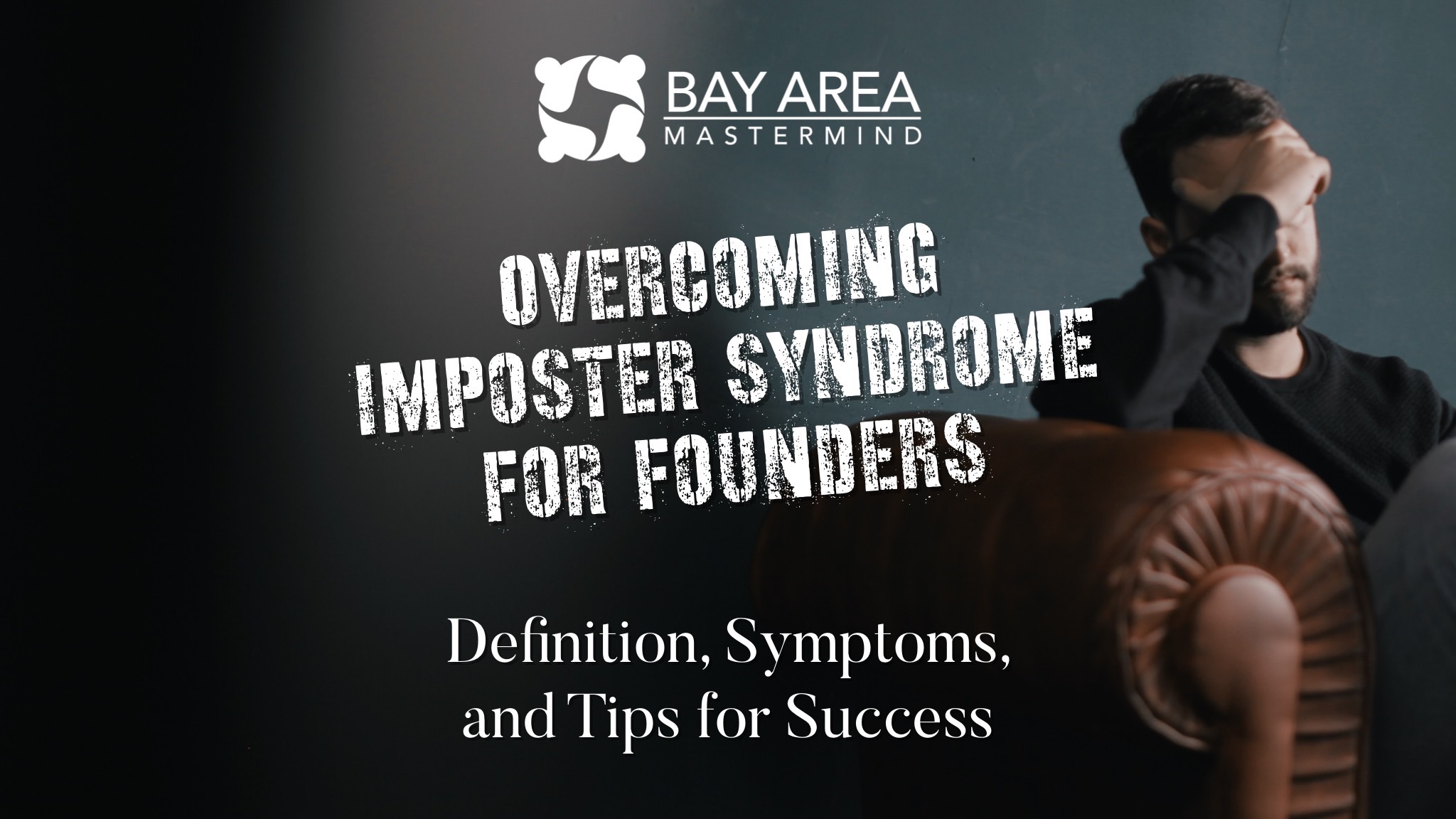In our daily lives, we often encounter challenges that hinder productivity and personal growth. Among the most o que é procastinar common issues o que procrastinar are procrastination, emotional dependency, and impostor syndrome. These problems not only disrupt personal and professional life, but understanding them is the first step to overcoming them.
In this article, we’ll explore what these issues are, how they develop, and practical ways to address them. By gaining this knowledge, you can enhance your mental clarity and live a more fulfilling life.
What is Procrastination?
Procrastination refers to the act of delaying tasks that are important. This behavior is often linked to emotional and psychological factors.

Studies reveal that procrastination stems from how our minds prioritize instant gratification over long-term benefits. People often procrastinate when they feel unmotivated or overwhelmed. Recognizing these triggers is essential to addressing the issue effectively.
What is Emotional Dependency?
Emotional dependency is characterized by a deep reliance on external relationships for approval, validation, or support. While building relationships is fundamental, excessive emotional dependency leads to imbalance and stress.
People with emotional dependency may struggle to make independent decisions. It is usually linked to early attachment patterns, such as a fear of abandonment or low self-esteem. Therapy and self-reflection can help foster healthier, more independent relationships.
What is Impostor Syndrome?
Impostor syndrome refers to the internalized fear of being exposed as a fraud. Despite evidence of competence, individuals with impostor syndrome doubt their own abilities.

This mindset can lead to chronic stress, low self-confidence, and missed opportunities. Studies have found that addressing impostor syndrome requires practicing self-compassion and recognizing personal achievements.
Practical Tips for Personal Growth
To combat these challenges, consider implementing the following strategies:
- For procrastination: Break tasks into smaller steps and use tools like to-do lists or time-blocking techniques.
- For emotional dependency: Focus on building self-esteem through activities like journaling, therapy, or mindfulness practices.
- For impostor syndrome: Document your successes and remind yourself of past accomplishments regularly.
The key to lasting change—adopt these habits gradually to achieve sustainable results.
Conclusion: Taking Charge of Your Mental Habits
These common psychological challenges can be overcome with dedication and the right tools. When you take proactive steps to address these issues, you set the stage for a more productive, confident, and fulfilling future.
Start small—choose one strategy from this article and commit to making gradual progress. You’ll notice meaningful changes in how you approach challenges and opportunities.